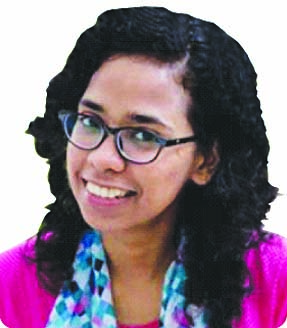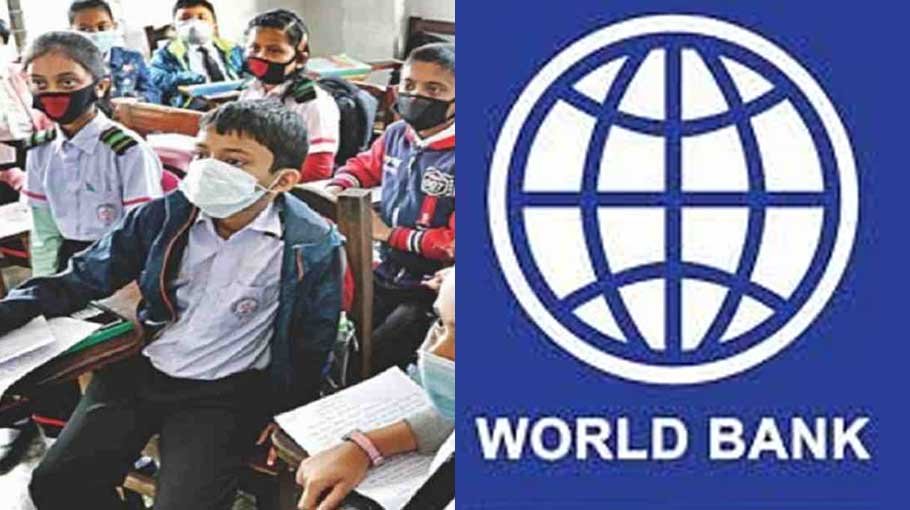Covid school sector prog facilitates learning

All the educational institutions of the country, including schools, were closed in March last year following the outbreak of Covid-19, during which, the World Bank developed a project to facilitate learning for around 38 million students affected by the closure, across the country.
The project titled "Bangladesh Covid-19 School Sector Response" worth $14.8 million is funded by the Global Partnership for Education (GPE) and being implemented by the Ministry of Primary and Mass Education (MoPME) and Secondary and Higher Education Division (SHED) of Ministry of Education (MoE).
GPE, UNICEF and the World Bank also provided initial assistance to the Covid-19 response and recovery plan developed by MoPME and MoE under this project.
The project was approved by the World Bank Board in October 2020 and by the Planning Commission in January 2021.
The operations of the projects began following the Grant Agreement signed in February between the government of Bangladesh and International Development Association (IDA) of the World Bank.
The project aims to produce at least 35 grade subject programmes in digital format to disseminate through multi-modal platforms (television, mobile, radio and online) and reach around 25 million basic education students. It also has a plan to distribute physical learning packages to another 150,000 students.
Tashmina Rahman, Education Specialist, and World Bank Task Team Leader of the CSSR project told Bangladesh Post, "The project will help the primary and secondary level students, teachers and schools to respond to and recover from the impacts of Covid-19 effectively and build resilience in case of future crisis. Through developing a Remote Learning System covering television, radio, online, mobile as well as physical learning packages, the project aims to benefit about 2.5 million students from pre-primary to Grade 10."
According to the concerned authority of the World Bank, the project will support the government's reopening plans for primary schools, provide teacher training, remedial education for primary teachers, and help develop distance learning skills and strategies for both primary and secondary level teachers. It will also conduct assessments of primary level students to assess learning status on priority subjects.
Before developing the project, the World Bank undertook two studies in 2020 according to which around 55 percent of Grade 9 stipend recipients did not have access to TVs. Among those with access to TV learning, 45 percent of the rich students and only 36 percent of the poor students watched TV lessons.
The studies also showed that around half of the adolescents were spending less time on education during the lockdown and more time on household chores or childcare.
Dilip Kumar Banik, Director (Planning), Directorate of Primary Education and director of this project said that although the project was scheduled to end in December this year, a proposal has been sent to the World Bank to seek a one-year extension of the deadline.
He told Bangladesh Post "Some works including the development of contents and procurement of essentials of the project are yet to be done. We need one more year to implement the project."



